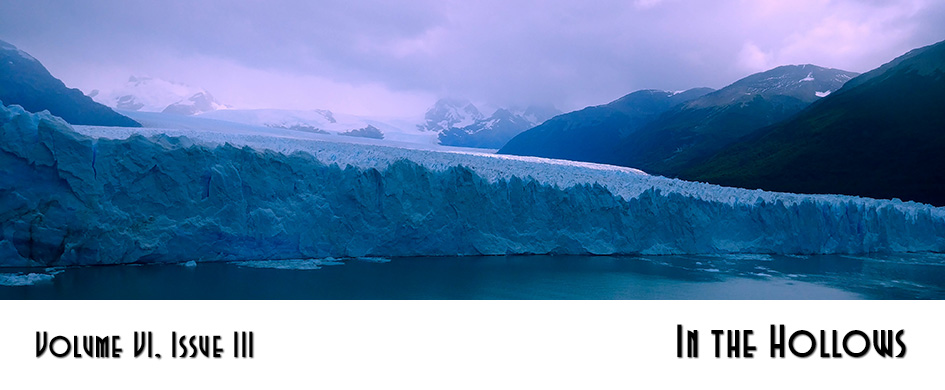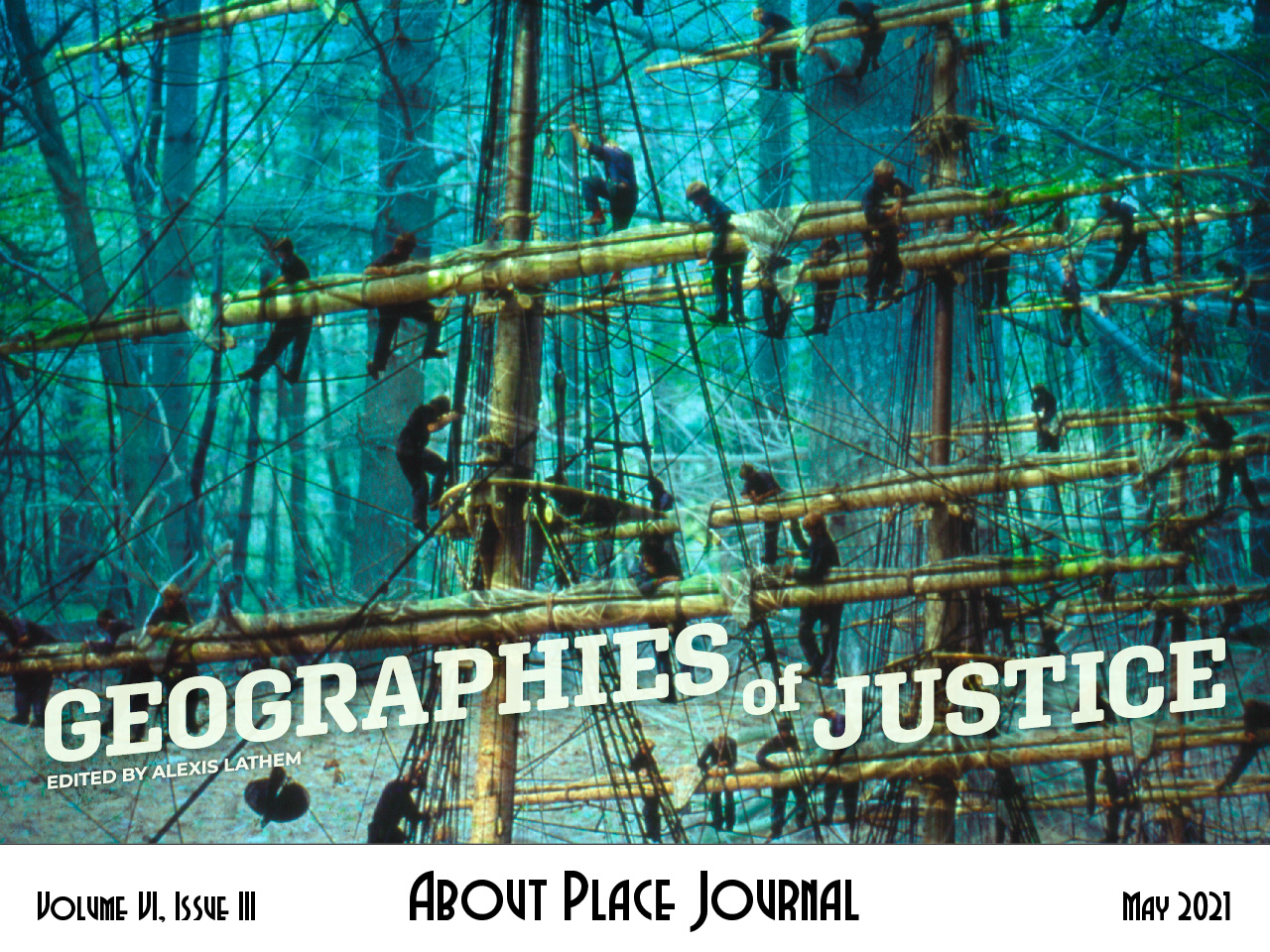At the beginning of the Persephone Days, the time between November and February when daylight dips below ten hours a day, the sparrows gather in the barren quince bush beside the porch. I watch them swoop and glide to the bird feeder we’ve hung and relish these first darkening days. The warmth of the fire at night, the return to cooking and baking, the open woods. But as the days turn over and the Winter Solstice passes, something shifts, and I am caught in winter’s grip. A sorrow braided in grief threads itself through me and I withdraw from the world.
~
Each life inherits the loss of the world. But in our time, we face our own extinction, along with the loss of millions of other species, many already gone. Scientists predict one third of the earth’s species will become extinct by 2070 due to climate change. The end of the world has awakened some, but not enough to halt it.
When Persephone was taken by Hades, Shepherd of Souls, into the underworld, Demeter, Goddess of Grain and her mother, turned against the world. The land grew cold and barren, darkness fell, winter came to be.
~
On a January morning, I ski out onto the frozen pond under a gray sky that won’t lift. I haven’t seen the sun for days. What if the darkness is calling to me, asking that I kneel at the foot of this ancient goddess, insisting that I walk out the door after waking and into the woods, that I cross through the forest and go on walking until I reach the shore of the lake, that I sit in prayer, letting all the light return to my belly. Tasting the fruit of the myth.
A deal was made. Persephone would spend one third of the year with her husband Hades and two thirds with her mother walking the earth, bringing to life the bounty of the harvest.
~
As a girl visiting the Atlantic Ocean, I burned my skin so badly that I caught a fever at night. I couldn’t wake from a dream about my sister, couldn’t feel my limbs, and yet I was awake. Over and over, I told my parents of the bodily sensations I could not control, of the feeling of repetition that overtook me, as if naming them might make them real to my parents—it did not.
Heat and exhaustion overwhelmed my small body. I lay teeming with fear and fantasy late into the night, close to the edge of something that seemed to linger for years. I would not learn the myths for another decade, steeped as I was in Christian theology. I would not understand the loss of our planet until well into adulthood, when, quite suddenly, the world was already on fire.
The memories of place shape our way of being in the world. When we lose these places, who do we become? I carried a bucket of seashells home from that beach trip, back to our tiny duplex in West Virginia, where we lived for three years. The smell of the ocean turned to rot; I do not know what happened to those shells. But this desire to hold on to something—pieces of my story—lay claim to me around this time in my life. We moved back to northern Minnesota when I was ten, part of my childhood left behind in the place of that former home—those hills and streams and a coal miner’s daughter whom I’d befriended.
~
A red-tailed hawk perches along the highway near the empty cornfields covered with snow. When I pass her on my way to pick up the children from school, she remains motionless. Statuesque, her head turning so slightly it might only be the wind. I say hello out loud into the empty space of the car and long to speak to her, to be near her.
It snows without stopping for days. I ski out to the pond, but the ice and snow have turned to slush. So instead, I keep to the trails and wonder how much longer we have here. In some versions of the myth, particularly those of the poets, Persephone wanted to go with Hades to the underworld where she became his bride, Queen of the Dead. Her mother, overbearing and jealous, demanded her return. Did the darkness also speak to Persephone, calling her inward, down into the souls of ancestry where she sought a different kind of wisdom. To keep her love, she ate the seeds of the dead – pomegranate – which condemned her to return for a season each year to live by his side.
Little else is written about the Queen of the Dead, though she granted Euridice’s return to the living, which Orpheus stole in glancing back. I too seem to find my way back to the underworld each year during the darkest days.
~
I have read that depression is seeded in the thoughts we have towards our own unhappiness and sorrow, which might have remained fleeting had I not taken them up like a thing that needed mending. I spent years sewing these thoughts in my mind—a pattern of shame—day against day glancing back. But what if the depression is the spirit of the darkness come to call? What is it she asks of us?
In the crisp woods of autumn—all the colors like fire and the honking geese overhead—I feel a kinship with the world and all that is still possible here. But it is the barren days of Persephone that mute that hope.
Mid-winter, Texas experiences a severe temperature drop unlike anything they’ve known, and homes lose power for days. Without the wood stoves, well insulated exterior walls, or regulated power infrastructure of the northern climates, people are left to freeze, alone, deprived of clean drinking water. Some risk asphyxiation using propane stoves and generators indoors.
~
Perhaps depression is merely a chemical imbalance easily remedied with medicines, or something to do with a lack of sunlight and Vitamin D, as mine clearly arrives in these days of darkness. And Persephone was abducted by a cruel captor, forced to return each year. We are doomed to live out our own extinction, not in this lifetime, but in the future lives we seed in our generation’s time here doing little to stop climate change. And though many articulate the fever in the body of the earth in every language and way of speaking that we know, they are met with silence and denial. We cannot save this world without saving ourselves, our species. We cannot save the world except through each other.
In his book on grief, “The Wild Edge of Sorrow,” Francis Weller writes of the hollowness we feel from losing our connection to the earth. “What if this emptiness is the great echo in our soul of what it is we expected and did not receive?” We were born to engage intimately with the wild world. We cannot know ourselves without this intimacy with “the beautiful and strange otherness” of the natural world. Our separation from this world, the broken promise of our birthright, might be called our “original trauma,” and with it all that trauma carries we too embody.
~
It is this longing for another world that creates strife. To push against the demands of capitalism, the socialization of want and desire, the commodification of every single thing, is to carry the burden of knowing it’s all a trance. I am pulled so easily back into it. Brought again into the fear of not enough, the American mindset of scarcity, the stifling of goodwill in the name of the Market, the toxic cult of the individual. Like Demeter, I panic and demand the return of my Persephone.
~
I am weighted by the sea, laying against the floor of the ocean, my skin turned to scales that the fish eat until my bones appear, an empty castle of ivory. Exhausted, I try to find my way out, up, to surface into this darkest month, but my kinship with the world remains abstract. I am a child, trying to tell her parents the story of her body’s pain, the erosion of trust, a body enflamed. I am a parent trying to help my child understand the alienation he feels when he learns of his species’ betrayal. The soul-sickness comes to me in the darkest days, calls me inward toward the longing I have for allegiance with the living world. I walk out the door at dawn and into the forest. I stay for hours.
“Our suffering,” Francis Weller writes, “is mutually entangled, the one with the other, as is our healing.” How have we forgotten “the intimate connection between our breath and the trees, flowering plants, and oceans that offer us their gift of oxygen?”
~
As the sun sets beyond the woods, I imagine a fire lit between the trees where people dance and call to the mouth of flames. They dare to wonder, what if there is another way? What if we can create the world we long for? They walk into these dark days with fierce remembering, holding their grief like a torch along the path. Mourning the loss of the world as one does a family member—the death of rivers and lakes, the razing of whole towns by fire, the floods and erosion that change our homes, the loss of forests—the lungs of the world. Goodbye to the time of the white rhino, they cry, goodbye to the Catarina pupfish, the Chinese paddlefish, the puddle frog, the poʻo-uli bird, the Yangtze softshell turtle, and soon, goodbye to gorillas, rhinos, manatees, sea turtles, saola, amur leopards, and vaquita.
In the darkness of the underworld, they feed on pomegranate seeds like Persephone, ensuring their return each year to the place where they commune the great loss of the world until one day, they too may go the way of the saber-toothed cat, the dodo bird, the woolly mammoth.
~
The chickadees gather in the quince bush out my window. Late February, we have passed from the Persephone Days. The light grows quickly now and soon we’ll start our seeds indoors under grow lights. The maples will send up their sap and sugaring will begin. I have left the underworld, but this year, red-mouthed and howling, I promised my return. I will not look away from this inheritance of loss and its sorrow but walk with it.
May grief be my guide and hope, a fierce rebellion.


